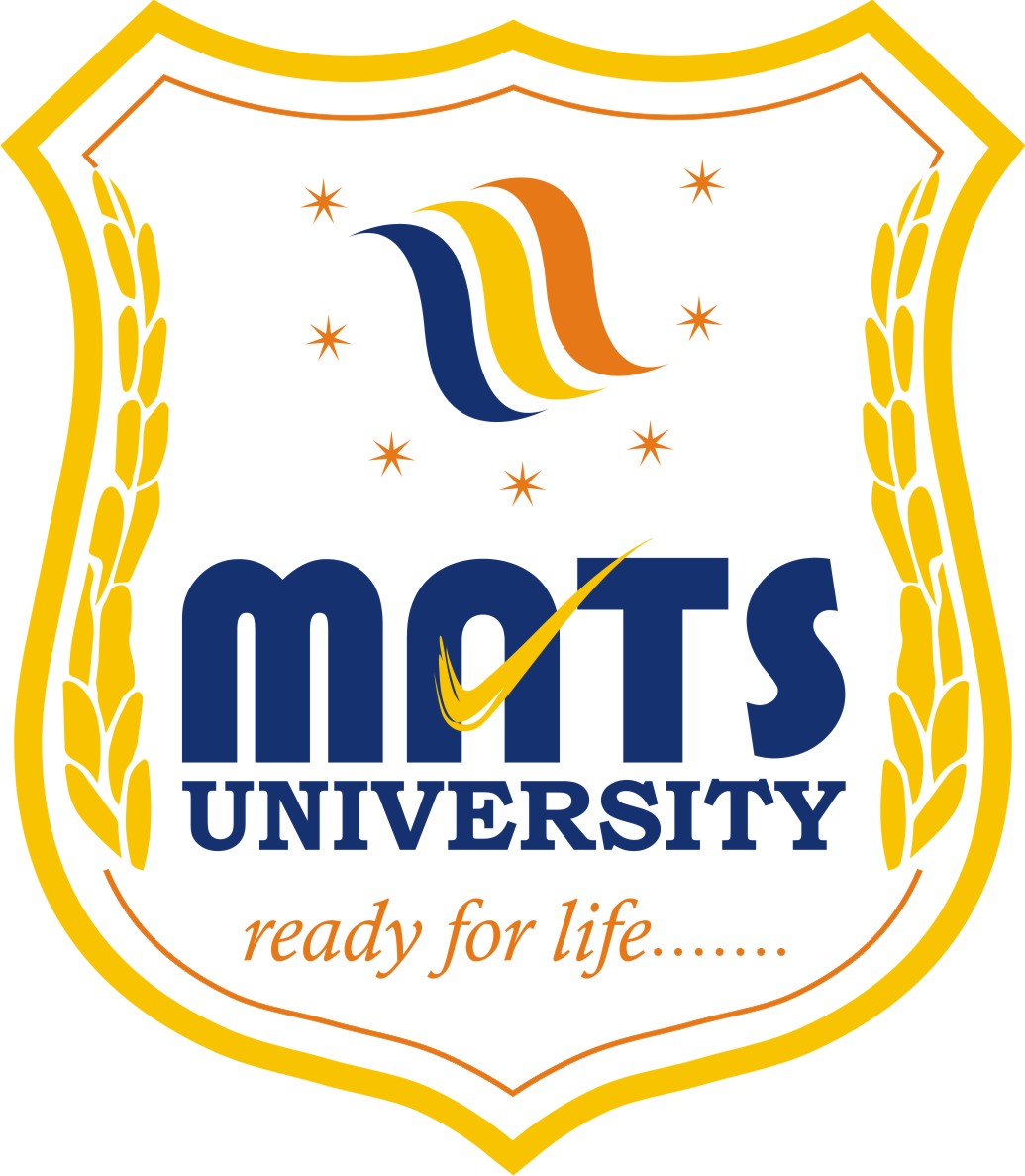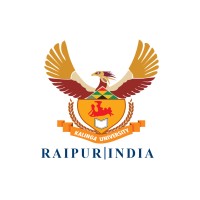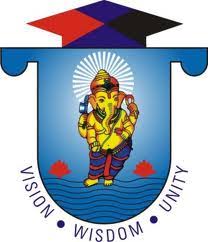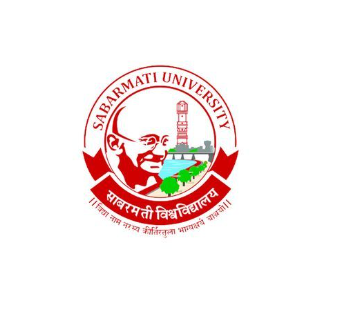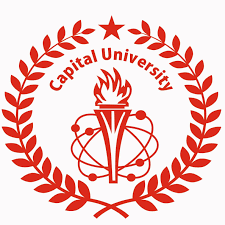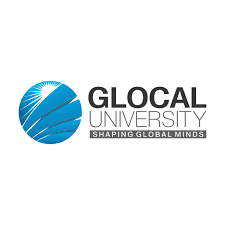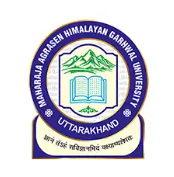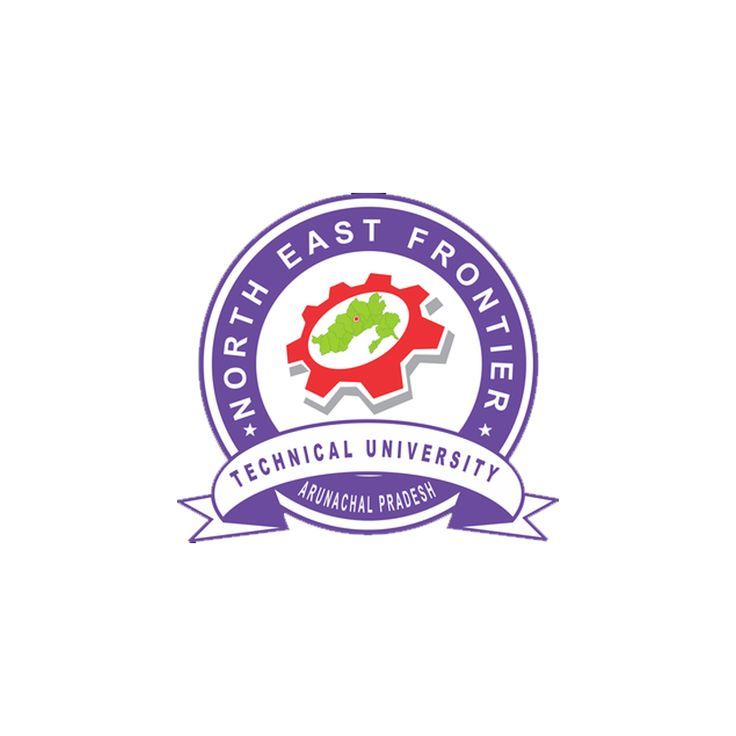Post Graduate Diploma in Preschool Teacher Education Course Admission 2024-25 - Shikshaglobe

Post Graduate Diploma in Preschool Teacher Education
Parchment in PLAYSCHOOL EDUCATION Course Details
The Parchment in Play School Education is applicable for those who are seeking out a profession alternate or individualities who are seeking to broaden their current bents also The qualification intentions to put together council scholars with the know- how knowledge and bents needed to satisfy the National Quality Norms( NQS) for Early Childhood Education Providers and to borrow redundant education packages that affect in better qualifications#publications#diplomas#degrees.
About Diploma PLAYSCHOOL EDUCATION Course-
The Joy of Learning Play School Education Course is one of the astronomically linked publications withinside the area of training This direction will help you to fete playschool training and help you to grow to be an stupendous educator for children Studying this Play School Education direction you may get numerous advantages It'll embellish your know- style base accelerate your tone- belief stage and lets in you to deal with any kind of script whilst guiding children You can discover redundant records roughly Diploma PLAYSCHOOL EDUCATION Course.
Read More: Post Graduate Diploma in Early Intervention
Eligibility Criteria for PLAYSCHOOL EDUCATION Course
To be eligible for the direction you need to have exceeded the 10 2 or equal test with at the least 50 marks in the combination you ought to also have studied Mathematics at 10 2 stage or equal Also there is no age circumscribe and council scholars can be part of this direction at any time until they want to pursue it.
How to Get Admission in a Parchment in PLAYSCHOOL EDUCATION Course?
To get admission in a degree in PLAYSCHOOL EDUCATION the aspirant solicitations to have finished their inception Also they want to clean the doorway check performed with the aid of using the university and satisfy different musts The fascinated seeker can discover redundant with the aid of using traveling the legal internet point of the university.
Apply for the PLAYSCHOOL EDUCATION Course?
PLAYSCHOOL EDUCATION is a professional and linked institute for presenting training in preschools This direction will help you to broaden your bents and creativity and can be useful for each youth and grown-ups The direction covers the posterior areas Art And Craft Science Language Mathematics And Computer Knowledge Scholars can study the posterior aqueducts on this direction Art & Craft- To gather know- style roughly multitudinous media employed by artists like crayons paint aquarelles and so forth. distinctive styles of skirmishes and pencils employed by artists; shadeation principle like number one colorings and secondary colorings; distinctive portray strategies Science- To fete that technological know- style is not always stylish getting to know in books still also getting to know via comment of factors round us; how matters work.
Selection Process in PLAYSCHOOL EDUCATION Course-
How to Get Rid of Dark Circles Under Eyes It s no riddle all of us have dusk beneath neath- eye circles They could make you appear worn-out bad and aged than you without a mistrustfulness are In reality they re nearly a form of passage as we progress So what s the trick? Well, it facilitates feting what reasons them withinside the first place fluid buildup withinside the skinny pores and skin beneath neath our eyes – that's at threat of saturation – and loose radical detriment from solar hype( which results in dusk spots) Then are a many recommendations for managing with the bone's pesky dusk circles.
Popular Entrance Examinations for Diploma in PLAYSCHOOL EDUCATION Course-
With the backing of our frontal examination practice lab, you may painlessly crack your examination We've a crew of specialists who're running delicate to make you a megahit for your test and are continuously looking to replace our fabric in keeping with any variations made.
Post Graduate Diploma in Preschool Teacher Education:
Shaping Educators for the Future
Preschool education plays a crucial role in laying the
foundation for a child's development and learning. It is during these formative
years that children acquire essential skills and knowledge that will shape
their future academic success. To ensure the quality of early childhood
education, the role of well-trained preschool teachers becomes paramount. This
is where the significance of a post-graduate diploma in preschool teacher
education comes into play. In this article, we will explore the importance of
obtaining a post-graduate diploma in preschool teacher education in today's
world and delve into its various aspects.
The Importance of Post Graduate Diploma in Preschool
Teacher Education in Today's World
In today's rapidly evolving educational landscape, the
demand for qualified and competent preschool teachers has grown significantly.
A post-graduate diploma in preschool teacher education equips educators with
the necessary knowledge and skills to effectively teach and nurture young
children. It provides in-depth training on child development, early childhood
pedagogy, curriculum design, assessment techniques, and classroom management
strategies.
With a comprehensive understanding of child psychology and development, teachers with a post-graduate diploma can create stimulating and engaging learning environments that foster children's holistic growth. They are equipped to address the unique needs of young learners, promote social and emotional development, and facilitate a smooth transition from home to school.
Learn More: Nursery and Primary Teachers Training
Exploring Different Types of Post Graduate Diploma in
Preschool Teacher Education
There are various types of post-graduate diplomas in
preschool teacher education, each catering to specific aspects of early
childhood education. Some of the common specializations include:
- Curriculum
Development and Instruction: This specialization focuses on designing
developmentally appropriate curriculum frameworks, lesson planning, and
instructional strategies that promote active learning and exploration.
- Child
Psychology and Development: This specialization delves into the
psychological and cognitive aspects of child development, helping teachers
understand how children learn and develop at different stages.
- Special
Education in Early Childhood: This specialization equips teachers with
knowledge and strategies to support children with special needs, ensuring
inclusive education within preschool settings.
- Technology
Integration in Early Childhood Education: This specialization explores
the integration of technology tools and resources to enhance teaching and
learning experiences in the preschool classroom.
By choosing a specialization that aligns with their
interests and career goals, educators can deepen their expertise in specific
areas of early childhood education.
Benefits of Pursuing Post Graduate Diploma in Preschool
Teacher Education
Pursuing a post-graduate diploma in preschool teacher
education offers numerous benefits for aspiring educators. Here are some key
advantages:
- Enhanced
Professional Competence: The diploma program equips teachers with the
necessary skills and knowledge to excel in their profession. They develop
a strong foundation in pedagogy, curriculum design, and assessment,
enabling them to provide high-quality education to young learners.
- Career
Advancement Opportunities: A post-graduate diploma opens up
opportunities for career advancement within the field of early childhood
education. It positions educators for leadership roles, such as becoming
curriculum coordinators, educational consultants, or administrators.
- Increased
Employability: Preschools and educational institutions prioritize
hiring teachers with specialized qualifications. Holding a post-graduate
diploma in preschool teacher education enhances an individual's
employability, making them stand out in a competitive job market.
- Networking
and Collaboration: During the diploma program, teachers have the
opportunity to connect and collaborate with fellow educators, experts, and
researchers in the field. This networking provides a platform for
knowledge exchange, professional growth, and lifelong learning.
How Post Graduate Diploma in Preschool Teacher Education
Enhances Professional Development
A post-graduate diploma in preschool teacher education goes
beyond basic teaching skills. It deepens an educator's understanding of early
childhood education principles, theories, and best practices. Here's how it
enhances professional development:
- Advanced
Knowledge: The diploma program provides teachers with a comprehensive
understanding of child development theories, early literacy and numeracy
development, and effective instructional strategies. This knowledge
empowers educators to create engaging and developmentally appropriate
learning experiences.
- Reflective
Practice: Teachers engage in reflective practices, analyzing their
teaching methods, assessing student progress, and making informed
instructional decisions. Through critical reflection, teachers
continuously improve their teaching practices and adapt them to meet the
evolving needs of young learners.
- Research
Skills: The diploma program fosters research skills, enabling
educators to stay updated with the latest advancements in the field. They
learn to critically analyze educational research, apply evidence-based practices,
and contribute to the field through their own research projects.
- Professional
Ethics: Educators develop a strong sense of professional ethics and
accountability. They understand the importance of creating inclusive and
culturally responsive learning environments and ensure the well-being and
safety of all children under their care.
By continually investing in their professional development, teachers with a post-graduate diploma in preschool teacher education are better prepared to create meaningful learning experiences and positively impact the lives of young children.
Read On: Post Graduate Diploma in Educational Technology
The Role of Post Graduate Diploma in Preschool Teacher
Education in Career Advancement
A post-graduate diploma in preschool teacher education
serves as a stepping stone for career advancement in the field of early
childhood education. It equips educators with the specialized knowledge and
skills required for leadership positions and offers opportunities for growth
and progression.
Teachers with a diploma can explore various career paths,
such as:
- Curriculum
Coordinator: They oversee the development and implementation of
curriculum frameworks, ensuring alignment with educational standards and
best practices.
- Educational
Consultant: They provide guidance and support to preschools and
educational institutions, assisting in program development, teacher
training, and curriculum design.
- Preschool
Administrator: They take on administrative roles, managing preschool
operations, developing policies, and leading teams of educators.
- Researcher
or Lecturer: They contribute to the field of early childhood education
through research, publishing academic papers, and delivering lectures at
educational institutions.
With a post-graduate diploma, educators gain a competitive
edge, positioning themselves for career growth and increased professional
opportunities.
Choosing the Right Education Course for Your Goals
When selecting a post-graduate diploma in preschool teacher
education, it is essential to consider your career goals and aspirations. Here
are some factors to consider:
- Accreditation
and Recognition: Ensure that the program you choose is accredited by
reputable educational bodies and recognized within the field of early
childhood education. This ensures the program meets high standards of
quality and provides you with a valuable qualification.
- Course
Structure and Content: Evaluate the curriculum of the diploma program
and assess if it covers the key areas of early childhood education that
align with your interests and career goals. Look for a program that offers
a well-rounded education and hands-on practical experiences.
- Faculty
Expertise: Research the faculty members and instructors delivering the
program. Their expertise and experience in the field will greatly
influence the quality of education you receive.
- Flexibility
and Mode of Delivery: Consider your personal circumstances and
preferred mode of study. Some programs offer online or part-time options,
providing flexibility for working professionals or individuals with other
commitments.
By carefully considering these factors, you can choose a
post-graduate diploma program that aligns with your career aspirations and sets
you on a path towards professional success.
Online vs. Traditional Post Graduate Diploma in Preschool
Teacher Education: Pros and Cons
As education evolves, the availability of online
post-graduate diploma programs has increased, providing individuals with
flexibility and accessibility. Here are some pros and cons of online and
traditional diploma programs:
Online Post Graduate Diploma
Pros:
- Flexibility:
Online programs allow learners to study at their own pace and convenience,
providing flexibility for individuals with busy schedules or other
commitments.
- Accessibility:
Online programs eliminate geographical barriers, enabling individuals from
different locations to access high-quality education without relocating.
- Interactive
Learning: Online programs often incorporate interactive learning
platforms, discussion forums, and multimedia resources to enhance the
learning experience.
Cons:
- Lack
of Face-to-Face Interaction: Online programs may lack the face-to-face
interaction and networking opportunities offered in traditional classroom
settings.
- Self-discipline
and Time Management: Online learning requires self-discipline and
effective time management skills to stay motivated and complete
assignments within deadlines.
Traditional Post Graduate Diploma
Pros:
- In-person
Interaction: Traditional classroom settings provide opportunities for
face-to-face interaction with instructors and fellow learners, fostering
collaboration and networking.
- Immediate
Feedback: In a traditional classroom, learners receive immediate
feedback from instructors, enabling them to clarify doubts and deepen
their understanding.
Cons:
- Fixed
Schedule: Traditional programs have fixed schedules, requiring
learners to attend classes at specific times, which may not be convenient
for all individuals.
- Geographical
Constraints: Traditional programs may require individuals to relocate
or commute to the educational institution, which can be a barrier for
some.
When deciding between online and traditional formats, consider your personal learning style, lifestyle, and the level of flexibility you require.
Continue Reading: Post Graduate Diploma in Language Teaching
The Future of Post Graduate Diploma in Preschool Teacher
Education: Trends and Innovations
The field of early childhood education continues to evolve,
driven by ongoing research, advancements in technology, and changing societal
needs. Here are some emerging trends and innovations in post-graduate diploma
programs:
- Incorporating
STEAM Education: Programs are integrating Science, Technology,
Engineering, Arts, and Mathematics (STEAM) into the curriculum to foster
creativity, critical thinking, and problem-solving skills in young
learners.
- Emphasis
on Multilingualism: With globalization, the importance of
multilingualism is recognized. Diploma programs are incorporating
strategies to promote language development and cultural competence among
preschool teachers and children.
- Digital
Literacy and Technology Integration: The integration of technology in
early childhood education is gaining momentum. Programs are equipping
teachers with the skills to leverage digital tools, educational apps, and
online resources to enhance teaching and learning experiences.
- Inclusive
Education and Diversity: Diploma programs are emphasizing the
importance of inclusive education, equipping teachers with strategies to
create culturally responsive and inclusive classrooms that celebrate
diversity.
- Research-Informed
Practices: Programs are placing a greater emphasis on evidence-based
practices and research skills. Teachers are encouraged to critically
analyze educational research, apply research findings to their teaching
practices, and contribute to the field through their own research projects.
As the field of early childhood education progresses,
post-graduate diploma programs will continue to adapt and incorporate these
emerging trends, ensuring that educators are equipped with the knowledge and
skills needed to meet the evolving needs of young learners.
The Impact of Post Graduate Diploma in Preschool Teacher
Education on Student Success
A well-trained and qualified preschool teacher can have a
significant impact on the success and development of young learners. Here's how
a post-graduate diploma in preschool teacher education positively influences
student success:
- Quality
Instruction: Teachers with a diploma possess a deep understanding of
effective instructional strategies and child development theories. They
can design engaging and developmentally appropriate learning experiences
that cater to the diverse needs of their students.
- Holistic
Development: Preschool teachers play a crucial role in fostering
children's social, emotional, cognitive, and physical development. A
diploma equips teachers with the knowledge and skills to create nurturing
and supportive environments that promote holistic development.
- Early
Literacy and Numeracy Skills: Teachers with specialized training in
preschool education can effectively promote early literacy and numeracy
skills, laying a strong foundation for future academic success.
- Cultivating
a Love for Learning: Teachers who are passionate about early childhood
education can ignite a love for learning in their students. They create a
positive and engaging learning environment that instills a curiosity and
thirst for knowledge.
The impact of a well-trained preschool teacher goes beyond
the early years. It sets the stage for future learning and contributes to a
child's overall academic and personal growth.
Addressing the Challenges of Post Graduate Diploma in
Preschool Teacher Education and Finding Solutions
While pursuing a post-graduate diploma in preschool teacher
education offers numerous benefits, it is essential to address the challenges
that educators may face. Some common challenges include:
- Work-Life
Balance: Balancing coursework, practical experiences, and personal
commitments can be demanding. Developing effective time management
strategies and seeking support from peers and family can help overcome
this challenge.
- Financial
Considerations: Diploma programs often come with financial
implications. Exploring scholarship opportunities, part-time study
options, or employer-sponsored programs can alleviate the financial
burden.
- Staying
Updated with Research: The field of early childhood education is
continually evolving. Teachers need to stay updated with the latest
research and best practices. Engaging in professional development
activities, attending conferences, and joining professional organizations
can address this challenge.
- Adapting
to Technological Advancements: Integrating technology in the classroom
can pose challenges for some educators. Embracing lifelong learning,
attending technology workshops, and collaborating with tech-savvy
colleagues can help overcome this hurdle.
By acknowledging these challenges and seeking proactive
solutions, educators can successfully complete their diploma programs and
emerge as skilled and competent preschool teachers.
Understanding the Pedagogy and Methodology of Post
Graduate Diploma in Preschool Teacher Education
The pedagogy and methodology of post-graduate diploma
programs in preschool teacher education revolve around fostering a
learner-centered approach. The programs emphasize the following principles:
- Active
Learning: Diploma programs encourage educators to engage in active
learning experiences, where they participate in discussions, hands-on
activities, and reflective practices. This approach enhances
understanding, critical thinking, and problem-solving skills.
- Collaborative
Learning: Collaborative learning is fostered through group projects,
peer feedback, and shared experiences. Educators learn from one another,
exchange ideas, and develop a sense of community within their cohort.
- Practical
Experiences: Diploma programs often include practical experiences,
such as field placements or internships, where educators apply their
knowledge and skills in real-world settings. These experiences bridge the
gap between theory and practice, equipping teachers with valuable hands-on
experience.
- Reflective Practice: Reflective practice is an integral part of the pedagogy. Educators are encouraged to reflect on their teaching methods, critically analyze their experiences, and make informed decisions to enhance their teaching practices.
Read Also: SOFT SKILLS AND COMMUNICATIVE ENGLISH
By embracing these pedagogical approaches, educators develop
a deep understanding of early childhood education and are equipped to create
meaningful and impactful learning experiences for young children.
The Global Perspective: Post Graduate Diploma in
Preschool Teacher Education Around the World
The importance of a post-graduate diploma in preschool
teacher education is recognized worldwide. Countries across the globe have
developed their own diploma programs to train and equip educators with the
necessary skills to excel in early childhood education.
In the United States, post-graduate diploma programs such as
the Master of Education (M.Ed.) in Early Childhood Education with a
specialization in preschool teacher education are offered by numerous
universities. These programs focus on advanced theories, research, and
practical experiences to prepare teachers for leadership roles in the field.
In the United Kingdom, the Postgraduate Certificate in
Education (PGCE) and the Early Years Initial Teacher Training (EYITT) are
popular diploma programs for aspiring preschool teachers. These programs
emphasize practical teaching experiences and provide a pathway to gain
qualified teacher status.
In Australia, the Graduate Diploma in Early Childhood
Education and Care is designed to equip educators with specialized knowledge
and skills in preschool education. The program emphasizes play-based learning,
inclusive practices, and curriculum design.
Similar diploma programs exist in various countries, each
tailored to their specific educational contexts and requirements. The global
perspective on post-graduate diploma programs highlights the universal
recognition of the critical role that well-trained preschool teachers play in
shaping the future of young learners.
Post Graduate Diploma in Preschool Teacher Education for
Lifelong Learning and Personal Growth
Obtaining a post-graduate diploma in preschool teacher
education is not only a means to enhance professional qualifications but also a
journey of lifelong learning and personal growth. The diploma program equips
educators with the knowledge, skills, and mindset required to thrive in the
field of early childhood education.
By engaging in continuous professional development,
attending workshops, and staying abreast of research, educators can ensure
their teaching practices remain current and effective. They embrace new
approaches, adapt to evolving educational trends, and foster a passion for
lifelong learning.
Beyond professional growth, a post-graduate diploma also
fosters personal growth. Educators develop resilience, empathy, and a deep
sense of fulfillment by positively impacting the lives of young children. The
diploma journey allows teachers to reflect on their values, teaching
philosophies, and the impact they want to make in the field of early childhood
education.
Funding and Scholarships for Post Graduate Diploma in
Preschool Teacher Education
Financing a post-graduate diploma in preschool teacher
education can be a concern for many individuals. However, various funding
options and scholarships are available to support aspiring educators. Here are
some ways to explore funding opportunities:
- Scholarships
and Grants: Many educational institutions and organizations offer
scholarships and grants specifically for early childhood education
programs. Research and identify these opportunities, and apply for
relevant scholarships based on eligibility criteria.
- Employer
Sponsorship: Some employers may provide financial support or tuition
reimbursement for employees pursuing further education. Speak with your
employer to explore if such opportunities exist within your workplace.
- Government
Programs: In some countries, government programs and initiatives exist
to support individuals pursuing careers in education. Check with your
local education department or relevant government agencies to inquire
about funding options.
- Educational
Loans: Financial institutions and banks may offer education loans or
lines of credit with favorable terms and conditions. Research the loan
options available to you and determine the best fit for your financial
situation.
- Part-time
Study: Working professionals can consider enrolling in part-time or
evening programs, allowing them to continue working while pursuing their
diploma. This arrangement provides financial stability during the course
of study.
By exploring these funding options and taking proactive steps, individuals can overcome financial barriers and pursue a post-graduate diploma in preschool teacher education.
Read More: ENGLISH COMMUNICATION SKILLS
Case Studies: Success Stories from Education Course
Graduates
Real-life success stories from graduates of post-graduate
diploma programs in preschool teacher education inspire and motivate aspiring
educators. Here are two case studies highlighting the impact of these programs:
Case Study 1: Sarah's Journey
Sarah, a passionate educator, pursued a post-graduate
diploma in preschool teacher education after teaching in a preschool for
several years. During her diploma program, she specialized in inclusive
education and developed expertise in supporting children with special needs.
Equipped with her diploma, Sarah returned to her preschool with a fresh
perspective and innovative strategies.
Sarah's dedication to inclusive practices and her ability to
create a nurturing environment transformed the experiences of children with
special needs. She collaborated with parents, therapists, and community
organizations to provide comprehensive support and tailored interventions.
Sarah's efforts led to improved academic and social outcomes for children, and
she became a role model for other educators in her school.
Case Study 2: Mark's Career Advancement
Mark, an experienced preschool teacher, recognized the
importance of furthering his education to advance his career. He pursued a
post-graduate diploma in preschool teacher education with a focus on curriculum
development and instruction. Through his program, Mark gained a deep
understanding of child-centered pedagogies, innovative teaching methods, and
curriculum design.
Armed with his diploma, Mark applied for a curriculum coordinator
position at a renowned preschool. His expertise in curriculum development,
along with his passion for creating engaging learning experiences, impressed
the hiring committee. Mark's innovative curriculum frameworks and instructional
strategies transformed the educational programs at the preschool, resulting in
improved learning outcomes for children and increased parent satisfaction.
These case studies highlight the transformative power of
post-graduate diploma programs in preschool teacher education. Graduates emerge
as confident and skilled educators, making a significant impact on the lives of
children and advancing their own careers.


